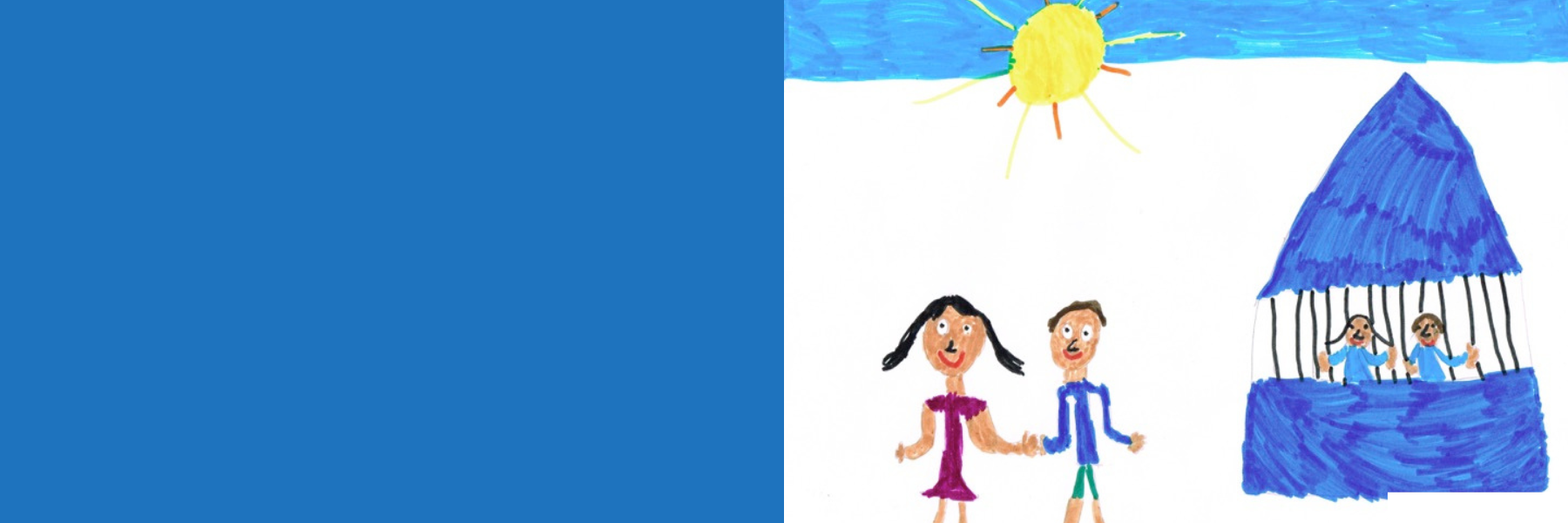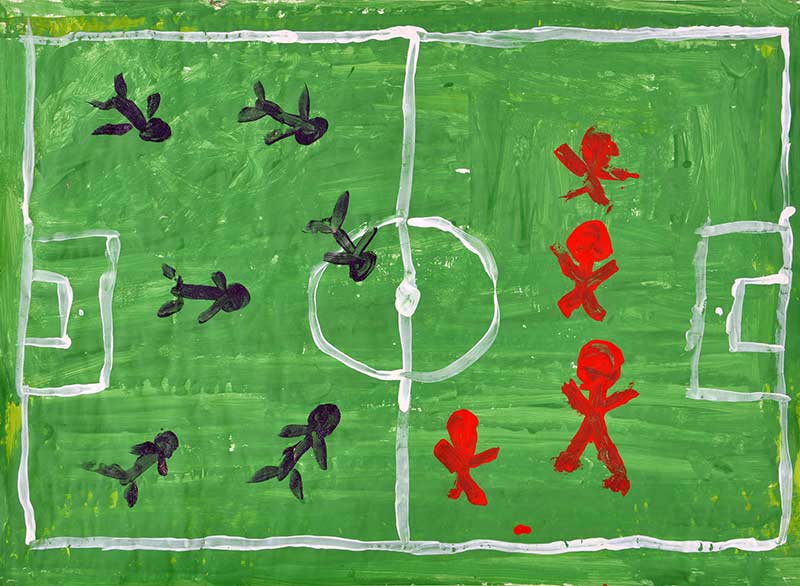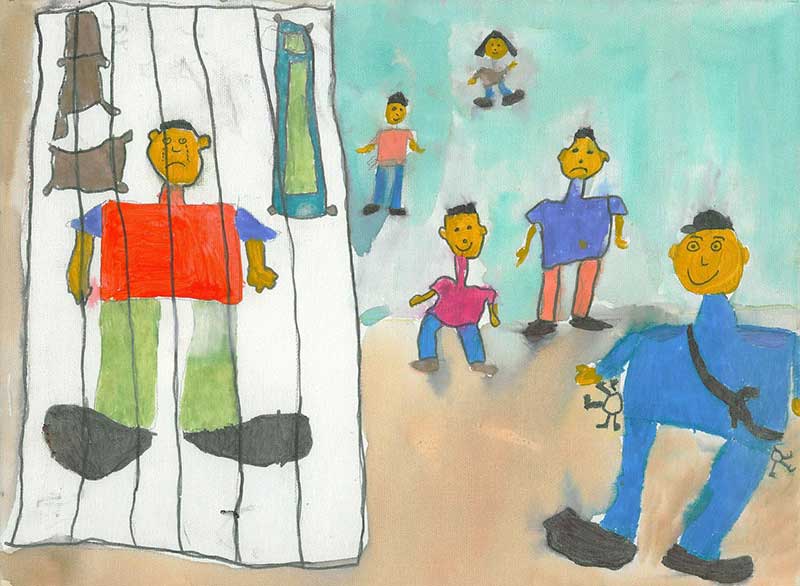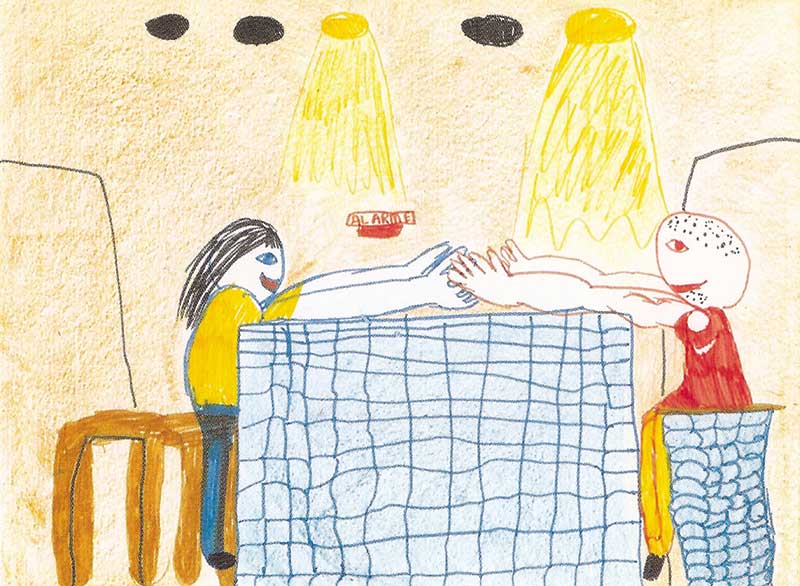


COPE 2025 International Conference will be hosted by COPE member Mid-Dlam Ghad-Dawl in Valetta, Malta, on 12 June 2025. This year the Conference will focus on stigma surrounding parental imprisonment. The Conference agenda and registration link will be available soon.
COPE has provided input to the OHCHR study on human rights and the social reintegration of persons released from detention and persons subjected to non-custodial measures. In its submission, COPE’s submission highlights the…
Court rulings involving a parent can have profound and lasting effects on a child. Compassionate sentencing offers a justice-based yet empathic approach, helping to ensure that when parents face criminal proceedings, the rights and well-being of…
Who we are
Children of Prisoners Europe (COPE) is a pan-European network working with and on behalf of children with imprisoned parents.
Our vision
That every child be guaranteed fair, unbiased treatment, protection of his or her rights, and equal opportunities regardless of gender, social, economic or cultural heritage.
Our mission
To safeguard the social, political and judicial inclusion of children with an imprisoned parent, while fostering the pursuit and exchange of knowledge which enhances good practices, and contributes to a better understanding of the psychological, emotional and social development of these children.
Children’s rights
COPE’s work is underpinned by the 1989 United Nations Convention on the Rights of the Child (UNCRC), the EU Strategy on the Rights of the Child and the Council of Europe Recommendation CM/Rec(2018)5 of the Committee of Ministers to Member States Concerning Children with Imprisoned Parents.

“It was short but beautiful”

“I wish we could play outside together”


